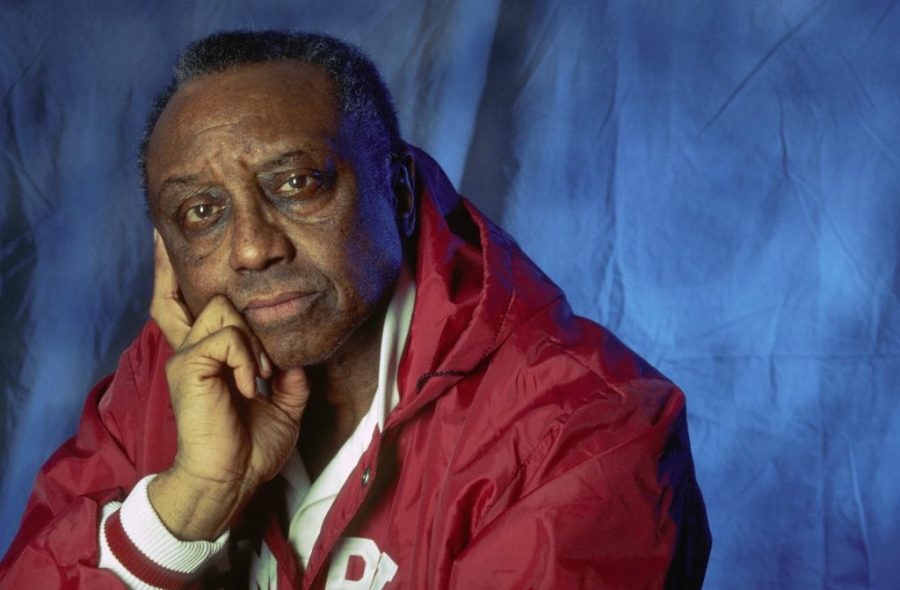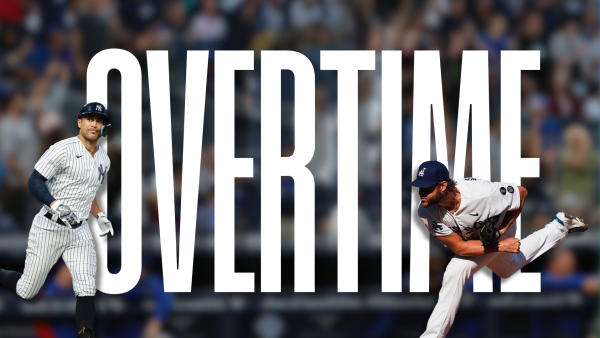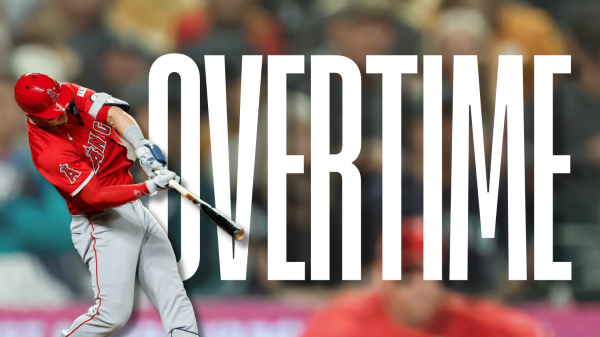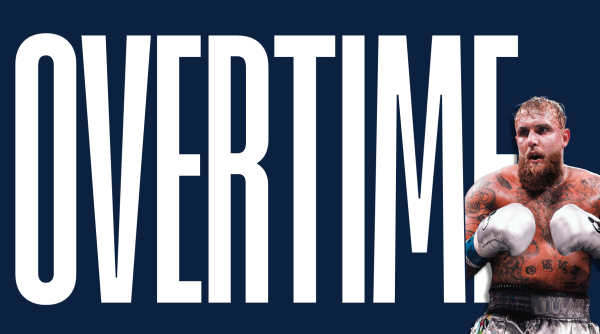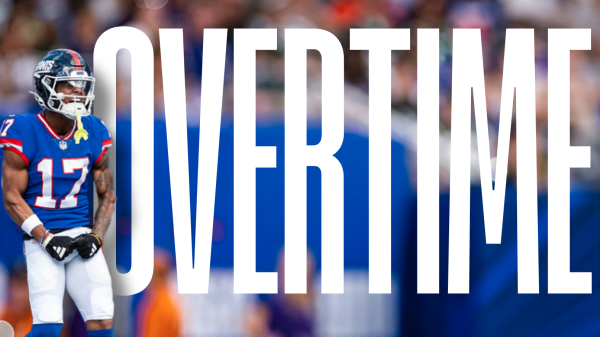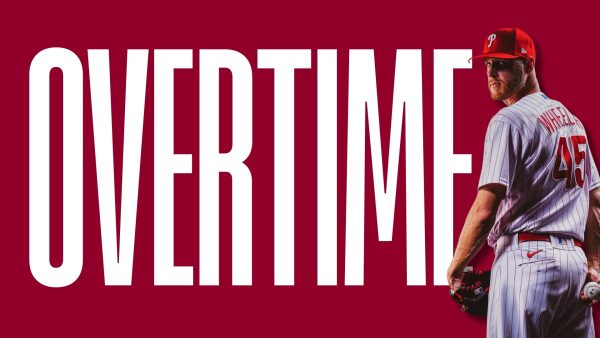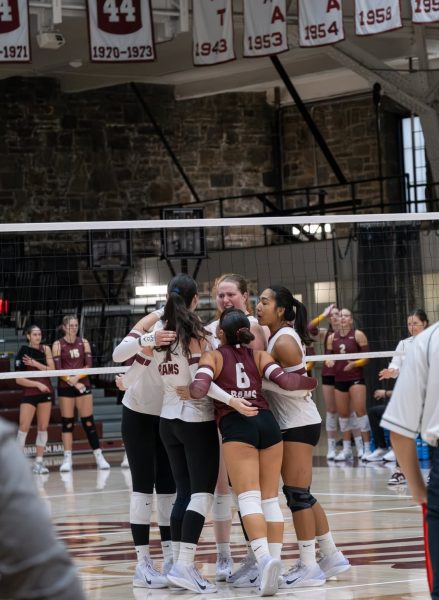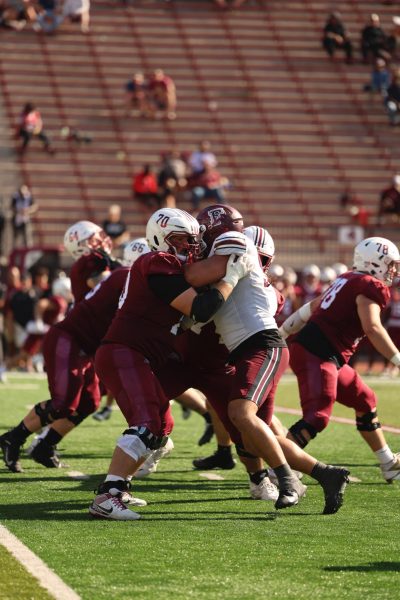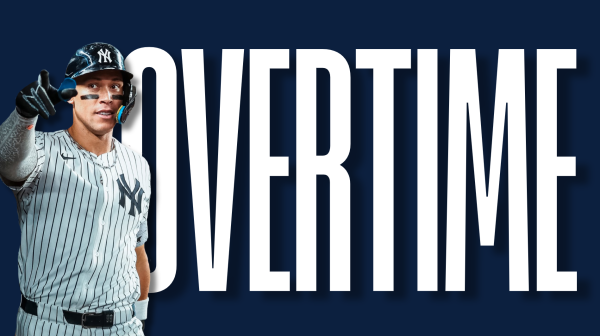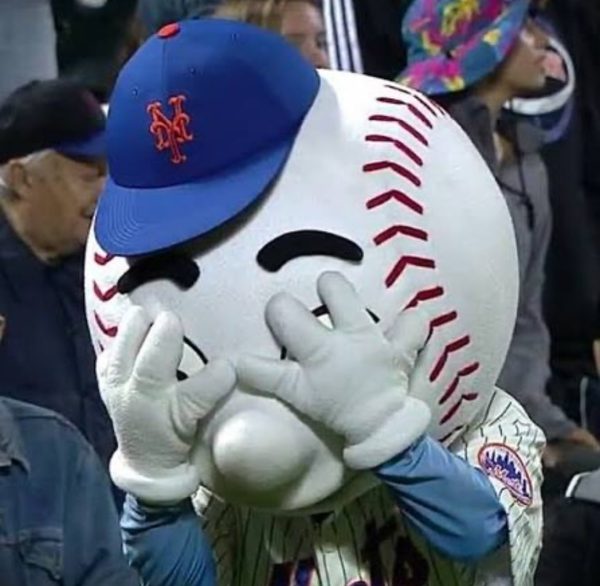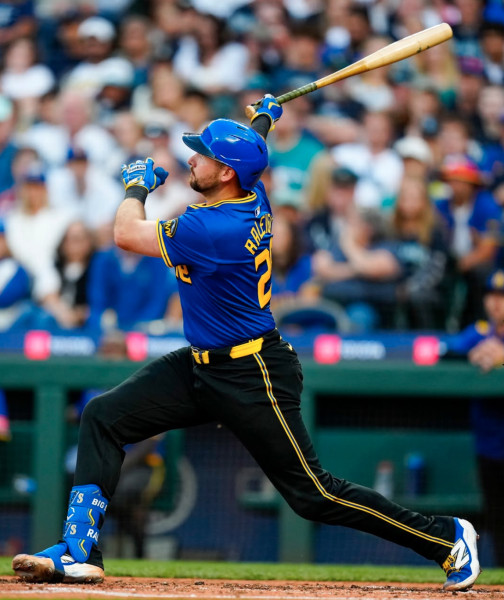Overtime: Legacies Live On
I don’t see dead people because I’m not in an M. Night Shyamalan film, but I always hear an array of voices when I am doing certain things. When I am performing at WFUV, specifically for basketball-related things, the voice of my dear friend Richie “Doc” Mannion speaks when reciting historical basketball information. When I’m playing sports or working out, I hear the great John Chaney screaming at me.
Why can’t these voices go away? I don’t know and I frankly do not care. I hear them because they are telling me to do things a certain way. They were indirectly (and directly) a part of my life and for long stretches of time going back almost 15 years or so.
Doc was the most intelligent, opinionated man about basketball I ever knew. He could tell you about a random player for the Detroit Pistons in the 1960s. Any opinion he had on a player or a statistic was to be taken with face value, because he was probably correct. He was advertised to me as a “basketball encyclopedia,” which he embodied in every sense.
Mannion held the highest standards of anyone. He was born in the Bronx but split time between Boston as a die hard Celtics fan. A firsthand witness of Bill Russell, his knowledge was top tier and almost impenetrable.
He always referred to me as “Tommy” in his signature Boston accent. I am not a fan of people calling me Tommy because it sounds childish, but there are few exceptions. Doc was first and foremost one of those exceptions.
The first question I asked him when I first met him was, “How would Oscar Schmidt be in the NBA if he played?”
The answer was so well-thought-out I felt inferior with my knowledge. Everytime I had a question, Doc had an answer. His mental knowledge was so vast, he once called to tell me about Danny Doyle, a one-time Detroit Piston in 1963 who averaged four points and two rebounds.
I had to look him up on my computer because I didn’t believe him, but he was dead-on.
Each time I recite basketball factoids, history or opinions, I hear Mannion’s raspy voice telling me what to say and how to present it. For every screw up I make with information, he starts yelling at me in my head. He taught me basketball, how to read and appreciate history and how knowledge of the past helps understand the future.
Chaney is the most successful mid-major college basketball coach ever in my estimation, with over 20 seasons at Temple University at North Broad Street in Philadelphia and every season nothing short of near perfection. 17 NCAA Tournaments, eight A-10 conference tournament titles, six regular season titles, five elite eights and an All-American. There’s no dispute of him being the greatest Temple basketball figure ever.
I remember watching him coach against Fordham at the Rose Hill Gym in 2006, his final year, even then still an excellent in-game genius mixed with an enthusiasm for screaming. He walked the sidelines with stone cold expressions, steaming eyes of the devil and a tie that slouched halfway down his body. That was the Chaney I thought I knew.
The Chaney I now listen to is a life teacher beyond basketball strategy, his philosophies about life serve as everyday lessons on improving as a human being. Things such as “discipline is a high form of intellect” or telling myself “I am the most disciplined person I know” challenges me to bring out the best in myself.
One of his overall messages is to strive for excellence everyday (I wake up late most days so I’m still working on my perfectionist part), a strong precedent to live by for improvement no matter where you are in the development of your life. I could not get up for his 5:30 a.m. practices right now, but I can develop a rigid routine.
His other calling card was getting up every morning; the most difficult task for any college student is starting the day. We all struggle with it because our minds and bodies are still changing at such young ages. But we get up faster to be winners, we challenge ourselves to find perfection even if we don’t get it.
Just get as close to perfection as you can.
Time is a formality as based on my experiences, both coach Chaney and Doc passed away in 2021 but left ideas and concepts beyond the grave. Two people who I draw a lot of wisdom from were no longer in my physical life, they now exist in my imagination as menacing voices that have distinct traits.
No matter how much I don’t want to hear voices in my head, these two just don’t seem to go away, but it’s for the better.
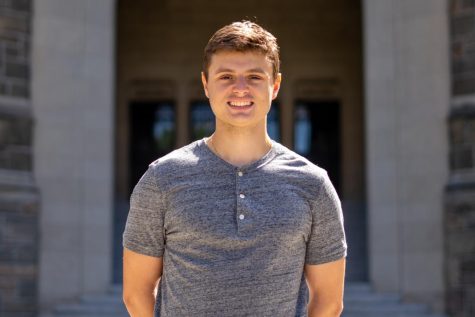
Thomas Aiello is a senior from New Jersey majoring in journalism. He began writing for the Ram following his COVID-19 quarantine experience in February...





































































































































































































